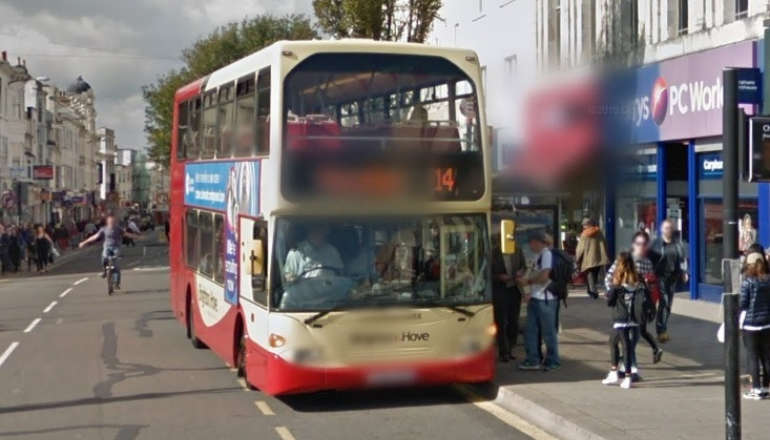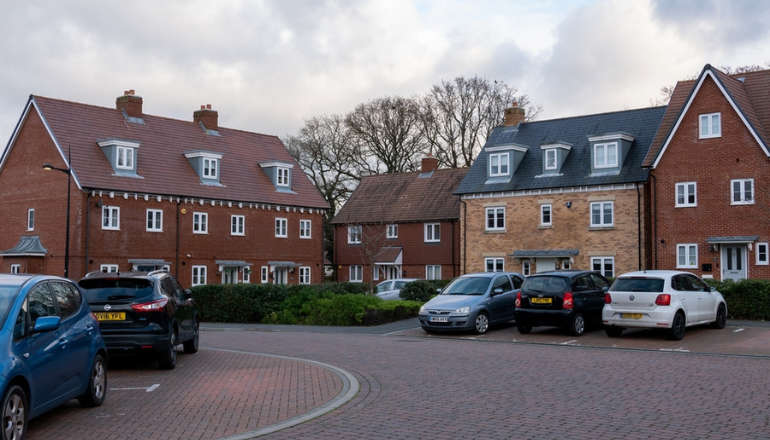
The leader of Adur District Council has warned that difficult choices will have to be made to balance the books next year.
The council is facing tight financial restrictions caused by a reduction in central government funding and increasing pressure outside of its control from inflation and cost of living challenges, like every other local authority in the country.
Legally the council has to produce a balanced budget each year, meaning it can only plan to spend as much as it takes in through its share of council tax, government grants, fees and charges. Currently £1 out of every £50 spent on services by the council comes from the government.
In 2023/24, on average just £324 of the council tax paid on a Band D home in Adur will go to the district council - the equivalent of £6.23 per week - to fund services including waste and recycling collection, support for the most vulnerable and the maintenance of parks, open spaces and the shore.
The rising number of residents needing to be housed because they would otherwise be homeless is a particular spike in pressure. Around 100 Adur locals are currently having to be housed outside of the area because of a shortage of available accommodation - more than double the national rate of out-of-area placements.
The council currently expects to need to find £960,000 in savings next year, so new tighter restrictions on spending have been brought in, fees and charges are being reviewed and savings will be made in staffing and resources.
There will also be a renewed drive to provide better and more efficient services for the community online, allowing residents to get information and assistance more quickly.
Cllr Neil Parkin, the leader of Adur District Council, said:
“The last few years have been very challenging for the council and it seems clear that next year will be even more so.
“Not only has the cost of our services increased but there has been increasing demand on our teams because our community has needed us more than ever.
“In the next financial year there will be difficult choices to be made, but we will rise to the occasion and ensure that we continue to provide a good service for our residents.”
In Worthing, the borough council says it will maintain its frontline services for the community despite continued cuts from the government, according to leader Cllr Dr Beccy Cooper.
Housing the homeless though 'is a particular spike in pressure', with more than 300 Worthing locals currently having to be housed outside of the area because of a shortage of available accommodation.
Cllr Dr Beccy Cooper, said:
“Like every local authority across the country, we are feeling the full impact of the government’s failure to provide the funding our community needs. I have joined other council leaders in writing to the Chancellor of the Exchequer to call for an appropriate level of extra financial support that we urgently need to deal with our housing pressures in particular.
“The continued cutbacks in government funding, combined with the effects of inflation and cost of living pressures, mean we will have to make some very difficult decisions to balance the books next year.
“It is absolutely appalling that the government is refusing to provide anywhere near enough funding to support even the most vulnerable.
“But as a council for the community we will work with and for our citizens to ensure that we continue to provide our vital frontline services, so that no one will be left behind.”
The council is focusing on funding the most vital frontline services for the community, influenced by what residents said should be their priorities in this month’s budget surveys.
In 2023/24, just £259.92 of the council tax paid on the average Band D home in Worthing will go to the borough council - the equivalent of £5 per week - to fund services including waste and recycling collection, support for the most vulnerable and the maintenance of parks, open spaces and the seafront.
The council’s cabinet is currently considering the potential options for its next year’s budget. It expects to need to find £2.816m in savings next year - about 7% of this year’s budget.
As part of this, the council is reviewing its asset portfolio, new tighter controls have been brought in on spending, fees and charges are being reviewed and savings will be made in staffing and resources.
Alongside this, there will also be a renewed drive to provide better and more efficient services for the community online, allowing residents to get information and assistance more quickly.


 Two Men Arrested In Connection With Brighton Rape
Two Men Arrested In Connection With Brighton Rape
 Appeal Following Assault In Horsham Shop
Appeal Following Assault In Horsham Shop
 Appeal After Arson At Gym In Burgess Hill
Appeal After Arson At Gym In Burgess Hill
 Two Men Sought In Connection With Brighton Rape
Two Men Sought In Connection With Brighton Rape
 Councillors Support Baby Box Partnership With Charities
Councillors Support Baby Box Partnership With Charities
 Brighton And Hove Bus Fare Cap Bid Foiled By Cost
Brighton And Hove Bus Fare Cap Bid Foiled By Cost
 New Medical Centre Scoping Exercise Agreed By Wealden Council
New Medical Centre Scoping Exercise Agreed By Wealden Council
 'Out Of This World' Ideas Put Forward For Future Of Brighton i360
'Out Of This World' Ideas Put Forward For Future Of Brighton i360
 New Fire Engines For West Sussex
New Fire Engines For West Sussex
 Sussex Setback For Travellers As Application Set For Snub
Sussex Setback For Travellers As Application Set For Snub